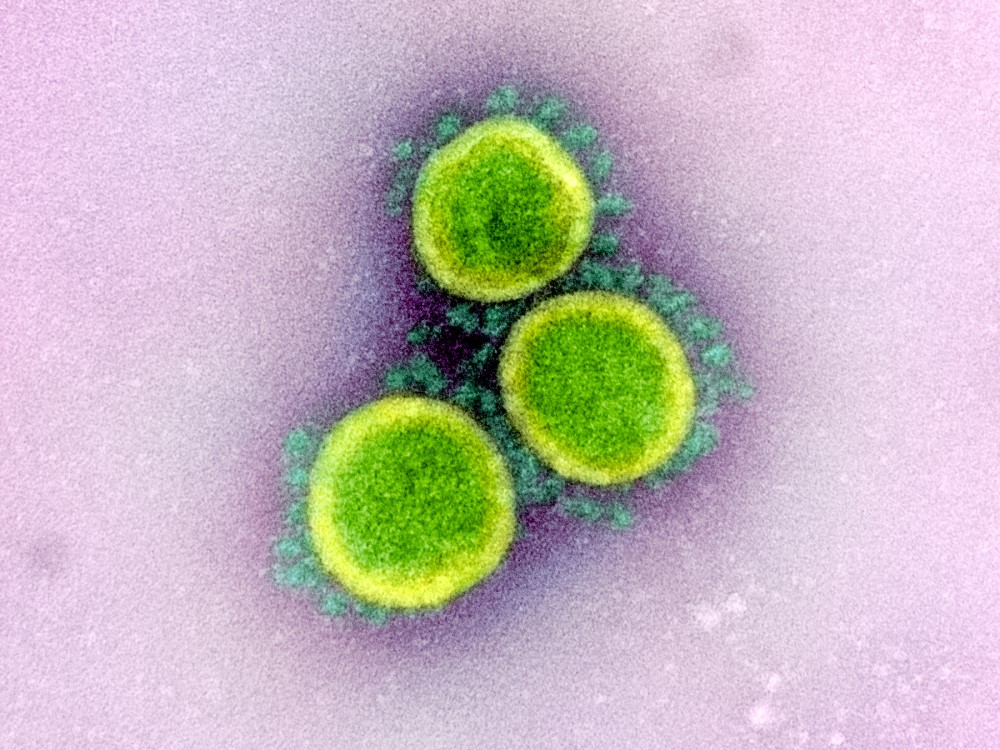Semaglutide has “unexpected” effects on muscle function in mice
In mice, administering semaglutide - the molecule marketed under the name Ozempic or Wegovy - does not reduce muscle mass as much as expected, but it does affect muscle function, according to a study published in Cell Metabolism. In some types of muscle, the experiment measured a decrease in force-generating capacity of about 20%, disproportionately greater than the loss of muscle mass.









